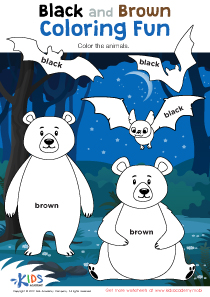Vocabulary Building English for Beginners Worksheets for Ages 3-7
5 filtered results
-
From - To
Welcome to our Vocabulary Building English for Beginners Worksheets, perfect for children ages 3-7! These engaging, age-appropriate worksheets are designed to enhance language skills in young learners. Each worksheet focuses on essential vocabulary, helping children to identify words, improve pronunciation, and expand their understanding of English. Our resources integrate fun visuals and interactive activities, making learning enjoyable and effective. Ideal for both classroom and home use, these worksheets support early language development and foster a love for learning. Start building a strong English vocabulary foundation today with our expertly crafted materials tailored for young minds!
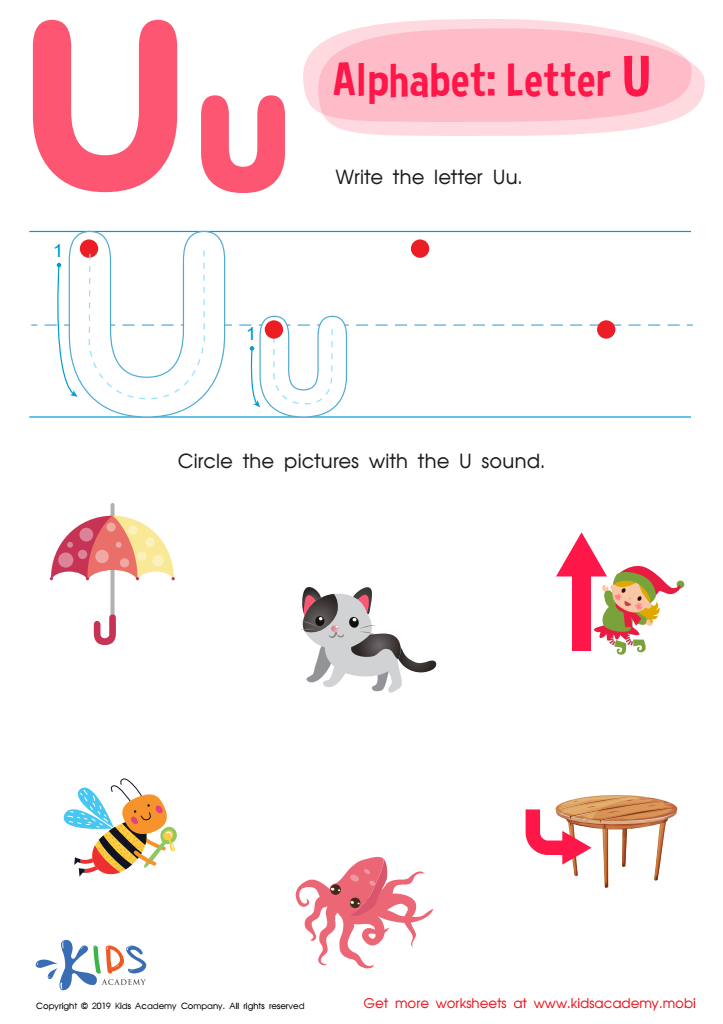

Letter U Tracing Worksheet
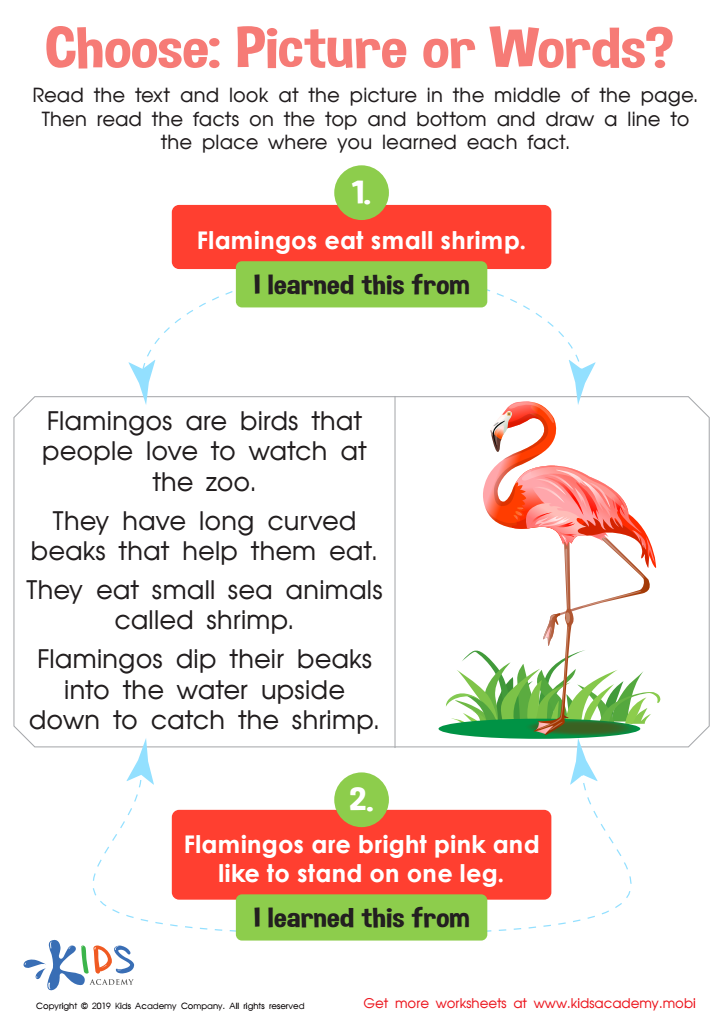

Choose Picture Words Worksheet
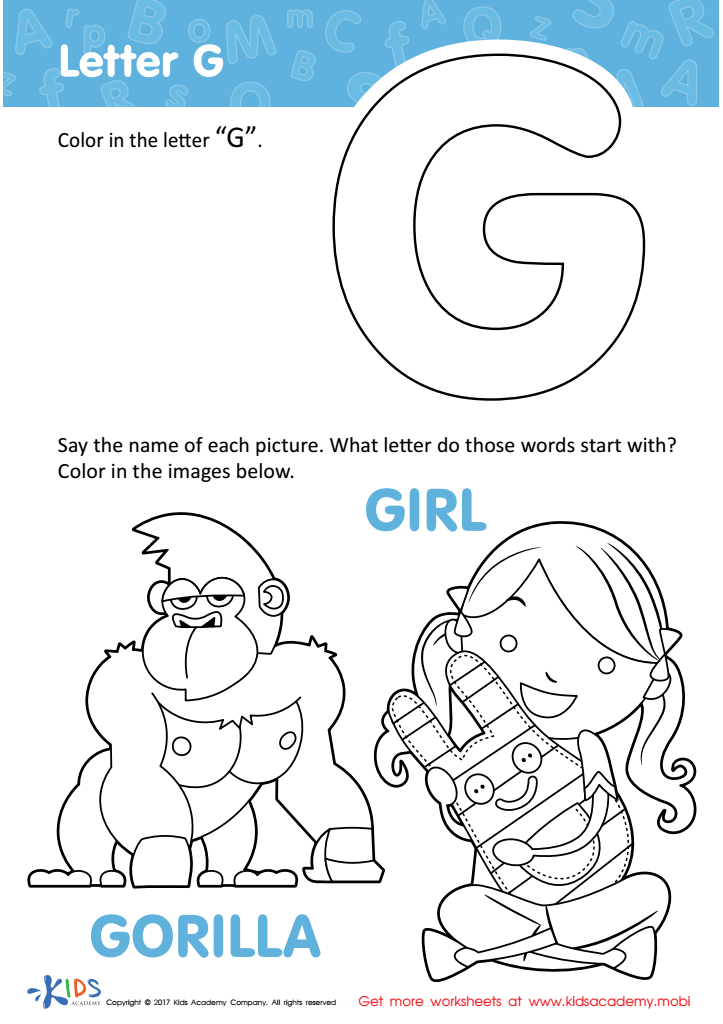

Letter G Coloring Sheet
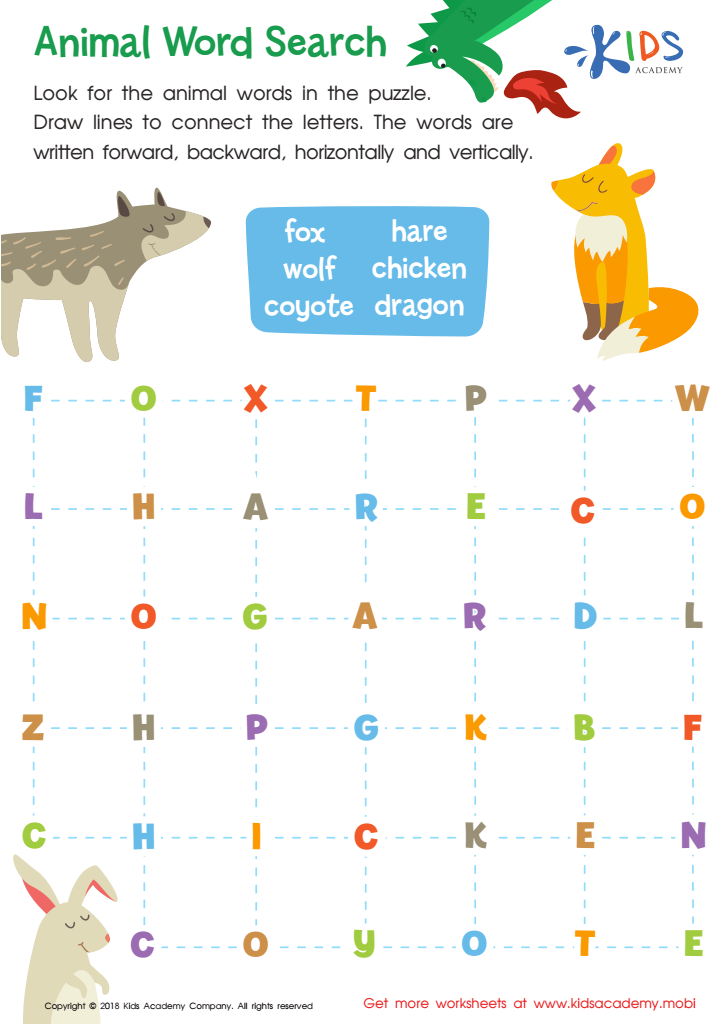

Animal Word Search Worksheet
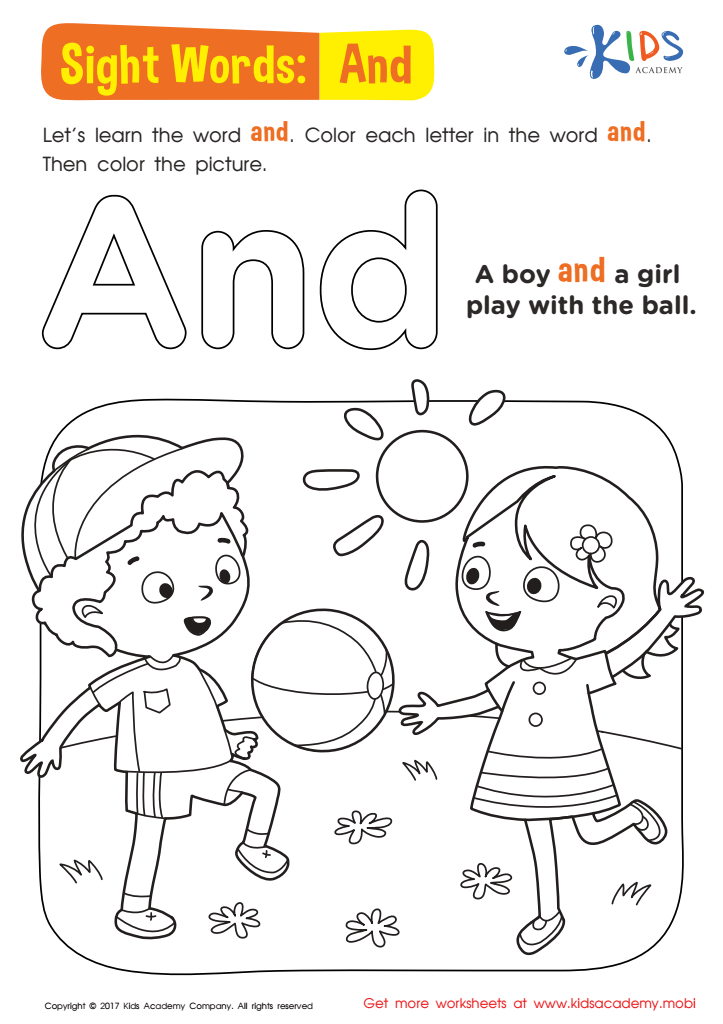

And Worksheet Sight Words Worksheet
Vocabulary building is crucial for children ages 3-7 as it lays the foundational skills for academic success and effective communication. During these formative years, children are rapidly developing cognitive and language abilities. A rich vocabulary enhances their ability to express thoughts, understand instructions, and engage in meaningful conversations.
For both parents and teachers, focusing on vocabulary building offers numerous benefits. First, it supports reading readiness; the more words a child knows, the easier it becomes to comprehend stories and texts, fostering a love for reading. Additionally, a strong vocabulary aids in writing, allowing children to articulate their ideas more clearly and creatively.
Moreover, vocabulary development is linked to overall cognitive development. Engaging with new words expands a child’s understanding of their environment, helps them connect concepts, and bolsters critical thinking skills. Furthermore, increased vocabulary correlates with better social interactions, reducing frustration that can arise from not being able to communicate effectively.
By nurturing vocabulary in early education, parents and teachers can create confident, articulate learners who are better equipped for future challenges, ultimately ensuring a positive trajectory in both academic and social realms. This foundational work is critical for fostering lifelong learning and engagement.

 Assign to My Students
Assign to My Students









